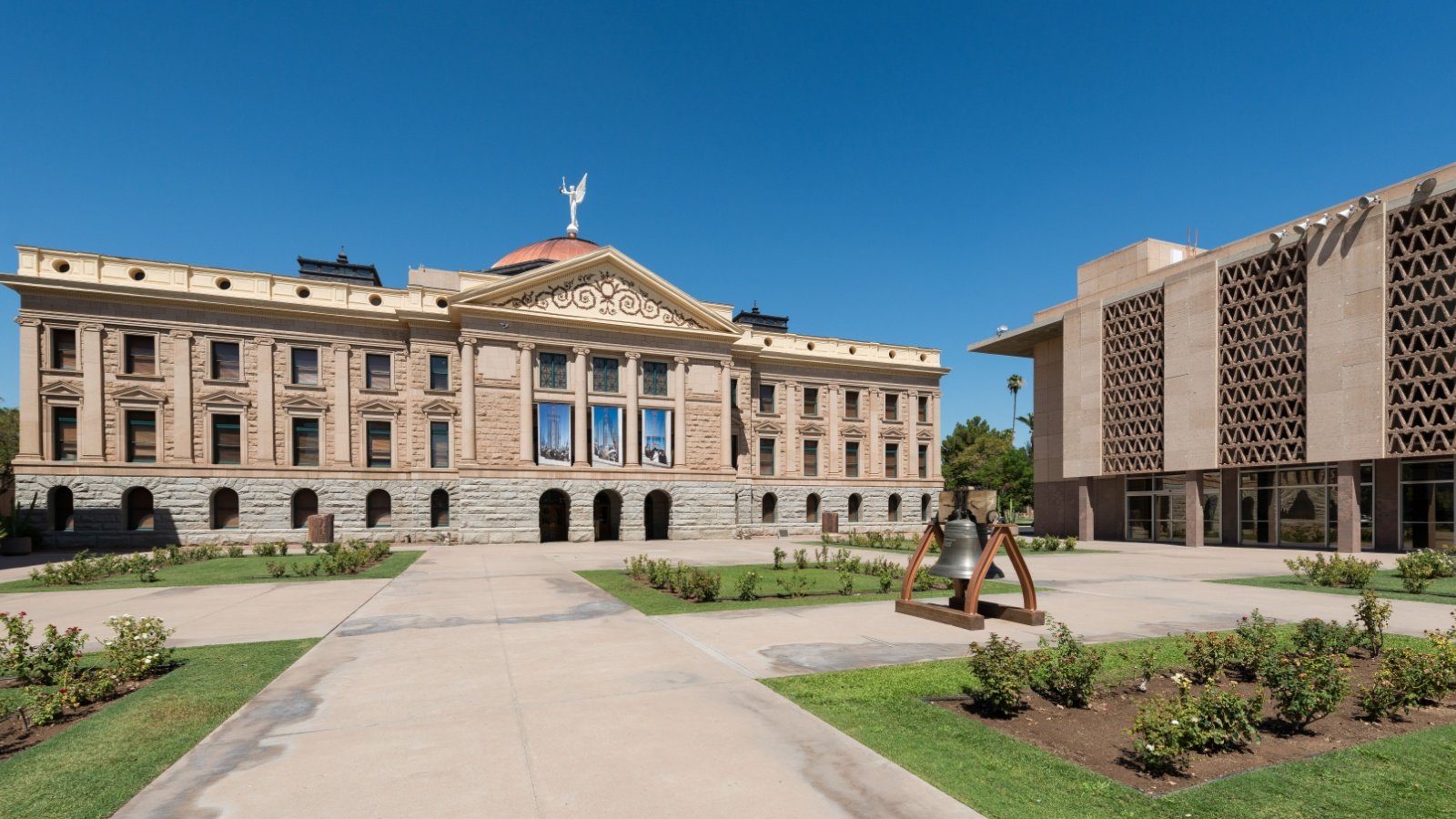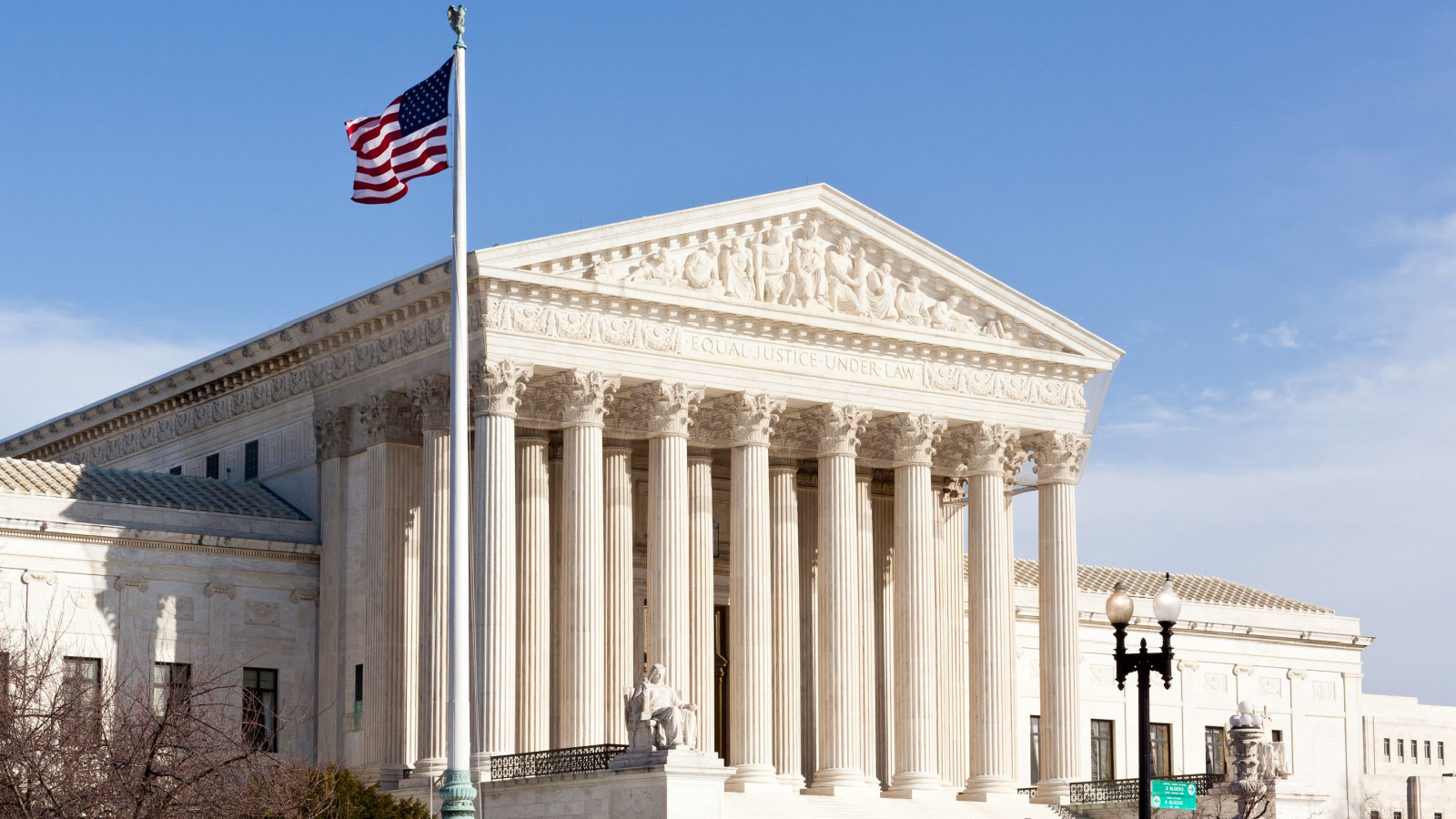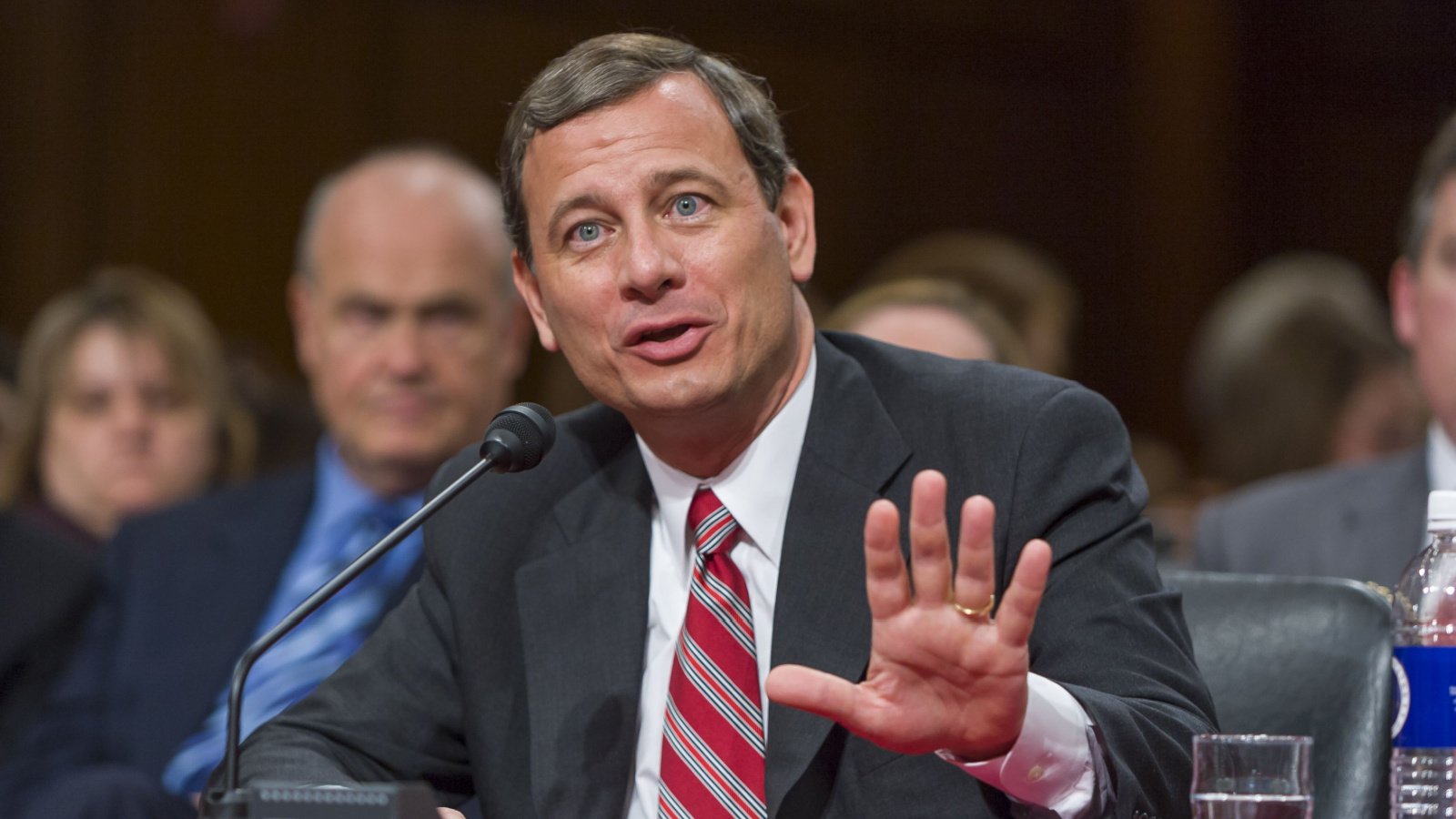The debate over abortion rights in Arizona intensifies as new laws and political strategies emerge, marking a critical moment for both advocates and opponents. With key figures and grassroots movements pushing for change, the state’s legal landscape is poised for a significant transformation.
Historic Vote in Arizona

Arizona’s Senate gathered enough votes on Wednesday to repeal a Civil War-era abortion ban, signaling a significant shift in state law. Although voting was not yet finalized, the Senate secured the necessary 16 votes to move the bill forward.
Bipartisan Support

In a rare display of bipartisanship, fourteen Democrats were joined by two Republicans to pass the repeal through the Senate. The bill, having already cleared the Arizona House, is anticipated to receive approval from Democratic Governor Katie Hobbs.
A Step Toward Change

The archaic law, established before Arizona achieved statehood, only allowed abortions to save a patient’s life, excluding cases of rape or incest. Last month, the state Supreme Court indicated that doctors could face prosecution under this stringent 1864 statute.
Transition Period Ahead

Following the repeal, Arizona will default to a law prohibiting abortions after 15 weeks of pregnancy. However, a gap remains as the repeal won’t activate until 90 days after the legislative session concludes, potentially extending the current restrictions into the summer.
Legislative Intent

During the session, several senators vocalized their reasons for supporting the repeal. Their unanimous message underscored a legislative intent to render the territorial-era ban unenforceable.
Legal Battles Loom

While celebrating the repeal as a victory for personal freedoms, Arizona Attorney General Kris Mayes voiced concerns over the delay in the law’s implementation. Her office is committed to preventing the old law’s reactivation, exploring every possible legal avenue.
Unprecedented Alliances

The session saw unexpected alliances, with Republican Senator Shawnna Bolick siding with Democrats, despite disruptions from the public gallery. Meanwhile, Republican Senator Jake Hoffman publicly criticized his colleagues’ decision, deeming it contrary to party values.
Public Mobilization

The issue drew crowds from both sides to the Arizona Senate, ranging from Planned Parenthood supporters to members of religious groups opposing abortion. The diverse turnout highlighted the deep-seated passions and polarizing nature of the abortion debate in Arizona.
Prayer and Protest

Amidst the legislative battles, a young girl prayed quietly before a statue of the Virgin Mary, seeking divine intervention against the repeal. Nearby, a fervent activist armed with a megaphone urged passersby to repent, highlighting the contentious atmosphere.
Grassroots Mobilization

Karen Frigon, associated with Arizona Right to Life, distributed brochures, hoping for divine favor to prevent the repeal. This reflects the active ground efforts by groups aiming to sway public opinion on this divisive issue.
Political Battlefield

Arizona, a pivotal state in the upcoming presidential elections, becomes a focal point as the abortion debate intensifies. Former President Donald Trump, cautious about the electoral implications, refrains from endorsing a nationwide ban, despite his pride in nominating justices who shifted the judicial landscape.
Legal Tug-of-War

Following the reversal of Roe v. Wade, the once-dormant 1864 abortion ban resurfaced, championed by then-Attorney General Mark Brnovich. His successor, however, opposed its enforcement, illustrating a legal and ideological tug-of-war within Arizona’s justice system.
Planned Parenthood’s Strategy

Planned Parenthood remains committed to providing abortions while legally permissible and is bolstering networks to facilitate out-of-state procedures. This strategy underscores their dedication to maintaining access in restrictive climates.
Public Initiative

Advocates are rallying to introduce a ballot measure that would secure abortion rights up to 24 weeks, with critical exceptions. This initiative reflects a proactive approach to safeguarding reproductive rights directly through voter engagement.
Political Maneuvers

Republican legislators strategize to counter pro-choice efforts with ballot proposals of their own, revealing internal documents that suggest nuanced approaches to restrict abortions. These potential measures highlight the ongoing strategic planning within the Republican caucus to influence abortion policy at the ballot box.








